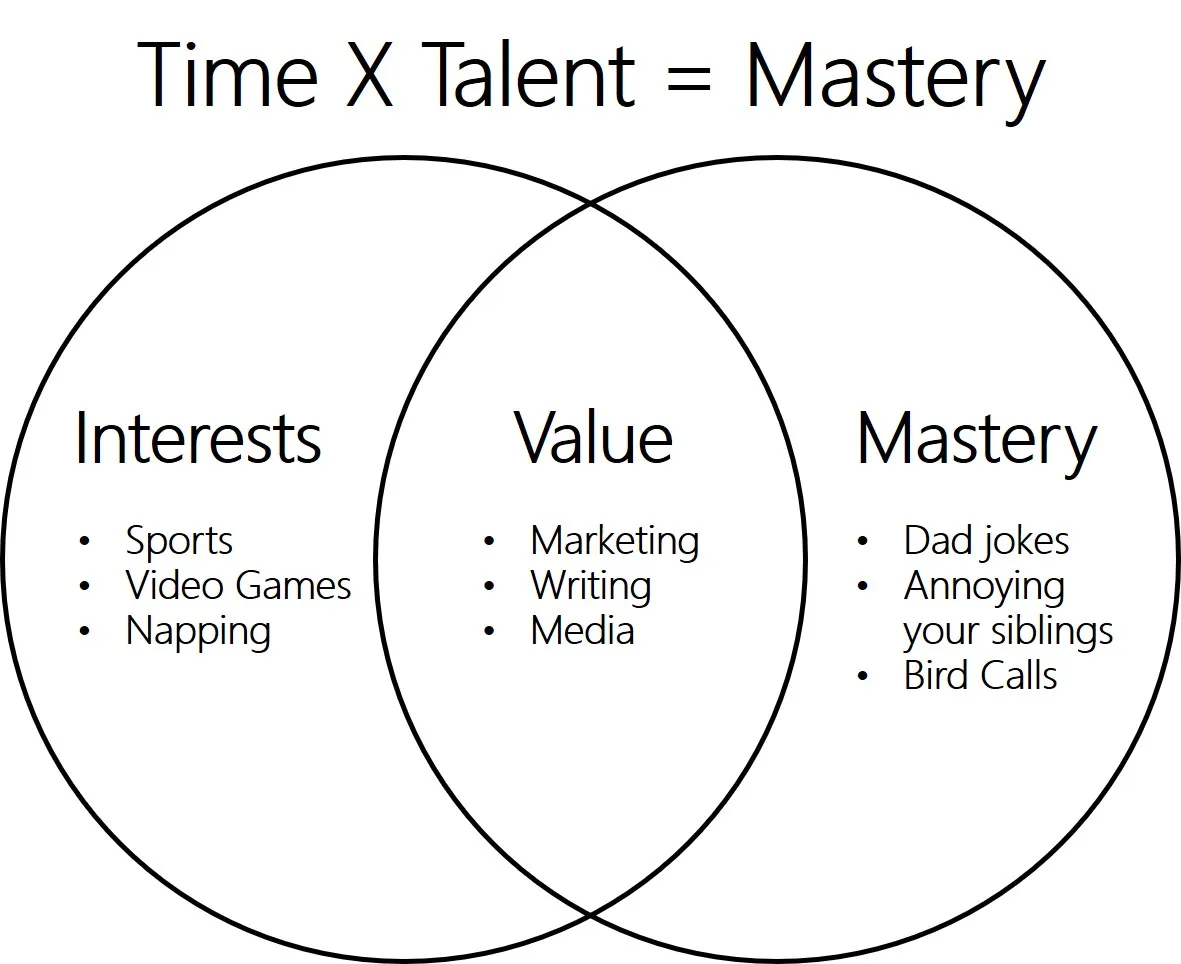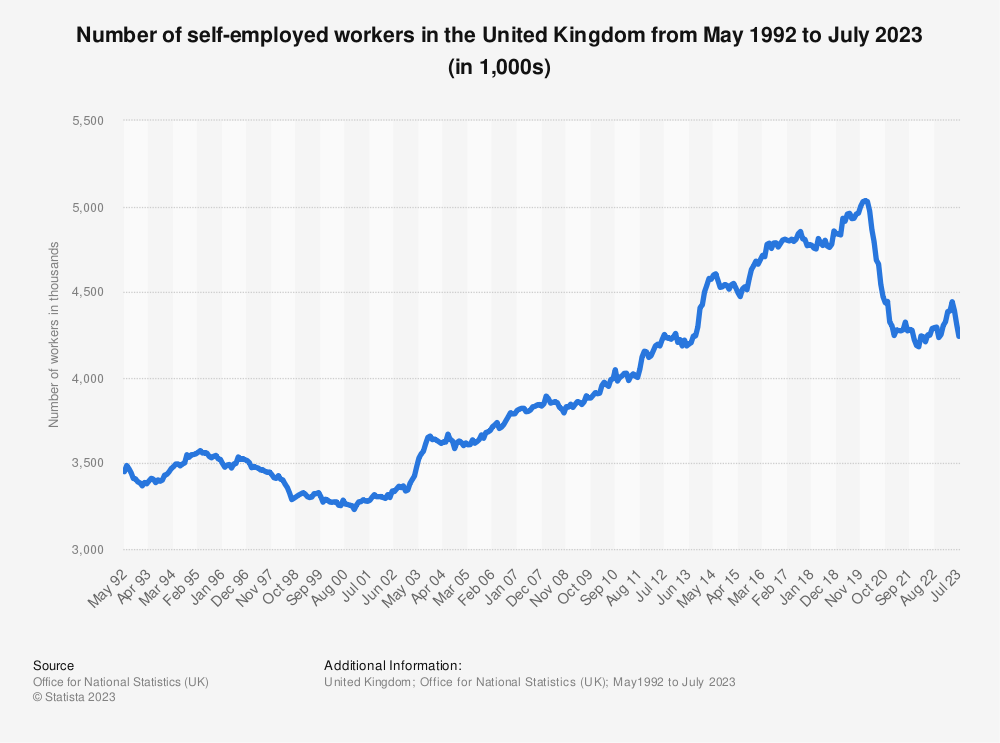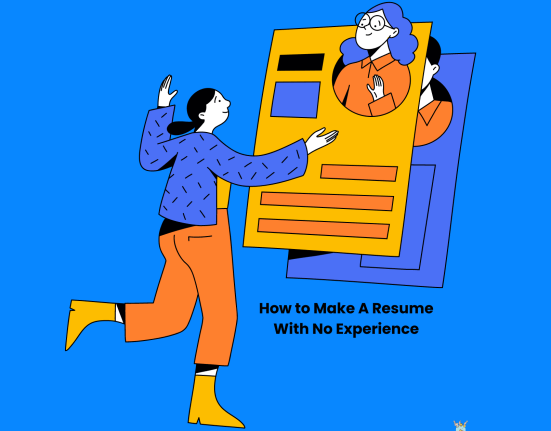Deciding between a dream job and a well-paying career can be tough. It really depends on your personal circumstances and how realistic your dream career is.
There’s no one-size-fits-all answer or a secret recipe for picking the right job. But we can look at this dilemma from different angles. We will try to provide enough insights to help you make an informed decision. So, let’s dive into how to choose between a job that pays well and one that offers career fulfillment.
Things to Think About When Making a Decision Between Career Vs Passion
Advantages of Following a Career You Love
Pursuing a job you are passionate about might mean less focus on financial gains, but for many, the joy of doing what they love is more valuable. Some people prioritize their passion over money, choosing to follow their dreams even if it involves some financial risks.
- Career Advancement: Working in a field that inspires you often leads to greater career progress.
- Loving Your Work: If you are truly passionate about your job, you will feel content with your accomplishments, both during work and after hours.
- Increased Motivation: When you enjoy what you do, your motivation comes naturally, not just from financial rewards.
- Better Health: Studies have shown that doing what you love can decrease stress levels and boost happiness.
- Enjoyable Work Environment: Typically, working in a field you are passionate about leads to a more pleasant work atmosphere.
- Sense of Fulfillment: There’s no doubt that working on something meaningful to you brings a deep sense of fulfillment.
Disadvantages of Pursuing Your Dream Career
Opting to follow your dreams also comes with its challenges. While pursuing your passion is fulfilling, it might not always align with the job market’s demands. Consequently, it can be difficult to earn a living or achieve the financial success you might have hoped for.
- Turning Passion into Work: Pursuing your dream carries a risk. Work can get stressful with tight deadlines, which might lead to losing the joy in your passion.
- Income Uncertainty: One risk of following your dream job is that it might not be financially viable in the current market.
- Changing Interests: People’s passions often evolve, particularly those that started in childhood. While not inherently negative, this change impacts your life significantly if you have built a career around an earlier passion.
Advantages of Choosing a High-Paying Career
Money plays a critical role in life. The hard truth is that love and passion alone can’t cover your bills or support your family.
- Financial Stability: Having a steady income contributes to our mental and physical well-being. Knowing you can afford what you enjoy or comfortably meet monthly expenses brings peace of mind.
- Social Respect: There’s a tendency for people to respect those with wealth. While it might be seen as a superficial form of respect, it often holds true.
- Financial Security: Having a substantial income undeniably brings a sense of security. It frees you from worrying about many expenses.
Downsides of Working in a Job You Don’t Enjoy
Working in an environment that doesn’t inspire you to excel is challenging, even if the hours aren’t excessively long. When you are engaged in tasks that seem meaningless to you, it’s easy to lose focus on developing your skills and feel directionless in your job.
- Pressure in High-Earning Roles: In careers that pay well, there’s often intense competition and rapid change. You need to constantly be on your toes, watching for new opportunities and defending your position in the company. This pressure isn’t present in every job, but for those where it is, it can feel overwhelming.
- Lack of Skill Development: High-paying jobs often focus on maximizing the skills you already possess. In contrast, if you choose a job because you love it, you are more likely to invest time in developing and nurturing skills that promise long-term success.
Finding the Connection Between Your Career and Passion
If you are uncertain about how to link your career with your passion, here are some strategies to consider:

Reflect on Your Past Experiences
Regardless of where you are in life, look back at your past and current passions. See if there’s a common thread among them. This could lead you to discover your true career. You might recall a moment when a colleague’s insight changed your perspective at work.
Align Your Activities with Your Career
Once you have identified your career, examine your favorite activities. Do they match up? If not, start forming habits that steer you towards careers aligned with your goals. This journey of self-discovery might take time but it is ultimately rewarding.
Embrace New Opportunities
Perhaps you are too involved in things that don’t mirror your career. For instance, if your current job doesn’t fulfill you, consider broadening your network on platforms like LinkedIn, acquiring new skills, or exploring job opportunities in fields that resonate with your passions.
Use Your Existing Skills
Think about how you can apply what you are already passionate about to serve your career. This doesn’t necessarily have to be in your professional life. For example, if you love reading, why not start a book club in your community? You can find fulfillment without having to start from scratch.
Quality of Life
The standard working week ranges from 37.5 to 40 hours, but a study reveals that full-time UK employees often work around 42 hours weekly. With work occupying such a significant part of your week, it’s important that your job doesn’t negatively impact your quality of life.
Lack of motivation and joy in your job can have serious repercussions. Unhappiness leads to mental health issues like depression and even affects your physical well-being. Studies show that disliking your job contributes to weight gain and a weakened immune system, increasing your susceptibility to serious illnesses.
Moreover, job dissatisfaction extends beyond the workplace, impacting your nights as well. Stressful or unsatisfying jobs lead to sleep problems, poor sleep quality, nightmares, and disrupted sleep patterns.
While it’s not always feasible to work in a job you love, certain aspects help maintain a good quality of life. A job that provides sufficient income and vacation time to enjoy leisure activities makes a significant difference. Regular breaks and time for relaxation or hobbies positively affect your mental and physical health.
Whether driven by passion or financial need, maintaining a healthy work-life balance is essential for overall happiness, regardless of your job.
Enjoyment at Work
There’s a saying that if you love your job, you will never feel like you are working. This means no dread on Sunday nights or Monday morning blues. When your alarm rings in the morning, you are excited to start your day.
At work, you are more productive and engaged. Tasks and challenges become opportunities to grow and hone your skills. Your focus and enthusiasm also inspire your colleagues, as positivity tends to spread. If you enjoy your job, others around you will find more joy in their work too.
Typically, staying late to meet a deadline is unwelcome, but those passionate about their work don’t mind putting in extra hours.
However, it’s also true that financial rewards are important. Choosing a job that pays well but isn’t your dream job is acceptable as long as it doesn’t compromise your quality of life. You will find enjoyment in other job aspects, like a supportive team, flexible hours, or bonuses.
Finding a Job
Job hunting can be tough. With many applicants vying for the same roles, you need to make sure you stand out from the crowd. If you have ever searched for a job, you know how competitive it is. But there’s nothing like the feeling of finally landing a job.
Pursuing your passion as a career isn’t always straightforward. If you have a specific dream job in mind, you are already narrowing your search. It’s important to be open-minded and not too focused on a niche area. The job you find might not be exactly what you had in mind, but if it’s related or offers valuable skills, give it a shot. Expanding your skills eventually leads you to your ideal job.
Another option is to create your own job by becoming self-employed. Before taking this step, weigh the pros and cons to see if it’s right for you. In 2021, 4.3 million people in the UK chose self-employment, and this trend is growing.

Paying the Bills
Some are fortunate enough to have a well-paying passion, even at entry level. This allows them to work with enjoyment without financial stress.
If your new career doesn’t match your previous salary, don’t despair. Adjust to living within your new income. If your living costs are still high, consider starting a side project. This could be part-time work or a weekend job to ensure you have enough income.
However, if you have a family to support and bills to pay, these responsibilities come first. Quitting a stable job impulsively to follow a passion is not wise. Instead, keep your stable income while pursuing your passion in your free time. This involves evening classes, an hour of work each night, or dedicating weekends to your passion.
For now, keep your passion as a side hustle. If it starts to generate income, you have two choices: enjoy the extra money alongside your day job or work towards making your passion your main income source.
Passion or Money?
According to our research, only 13% pursue their career purely for financial reasons. Meanwhile, 33% mention their passion as the main driving force behind their career choice.
Interestingly, more than half of the people indicate that their career paths are influenced by a mix of both passion and financial considerations.
Some people enter their fields knowing that hard work and dedication will eventually lead to higher pay. Others focus less on the financial aspect and now view their earnings as a nice bonus to doing what they love.
In the end, there’s no correct or incorrect choice when it comes to picking between a career or passion. The best choice is the one that makes you happy, whether it’s driven by passion, money, or a bit of both.
Frequently Asked Questions (FAQs)
Should I choose my passion or career?
Choosing between passion and career depends on your personal goals and circumstances. Ideally, finding a balance between the two can lead to greater job satisfaction and personal fulfillment.
Why is passion better than career?
Passion is often considered better than just a career because it can lead to a more fulfilling and enjoyable work life. When you work on something you’re passionate about, it can increase motivation, creativity, and overall happiness.
How do I choose a career if I don’t have a passion?
If you don’t have a clear passion, choose a career based on your skills, interests, and market demand. Consider exploring different fields, gaining experience through internships, and seeking career counseling to identify potential paths.
How do I find my passion or career?
To find your passion or career, reflect on activities you enjoy, seek new experiences, and talk to people in various fields. Taking personality assessments, trying different jobs, and staying open to new opportunities can also help you discover what truly excites you.











Leave feedback about this